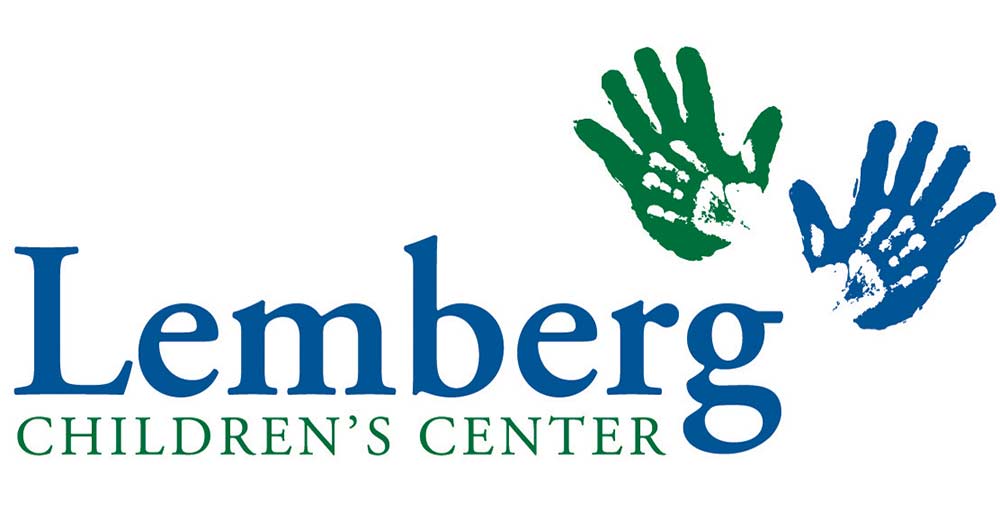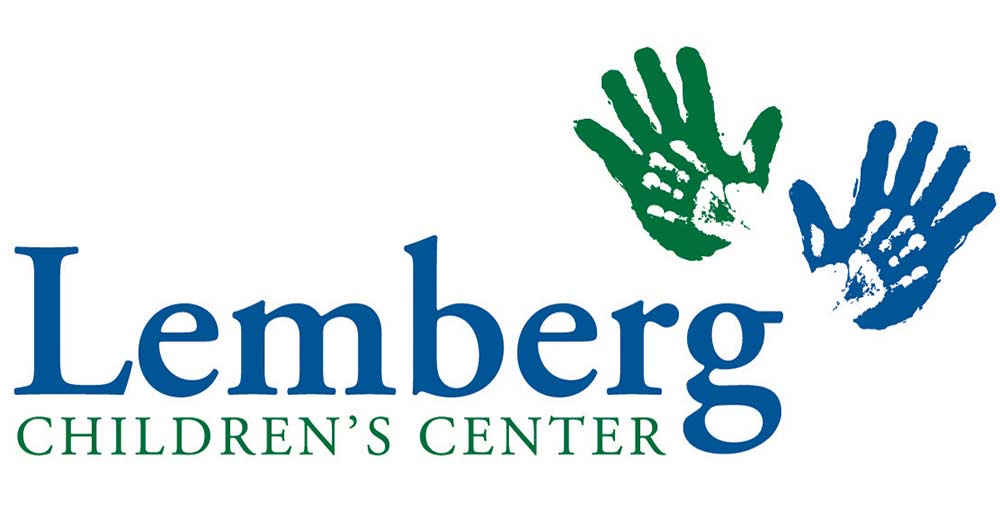Guidelines for Doing Research, Recording or Observation
We appreciate your interest in doing research at Lemberg. These guidelines explain our procedures and requirements.
Our procedures are simple to accomplish and should require a minimum of effort for you to get started working with our community.
About the Lemberg Children’s Center
Lemberg Children’s Center is a separate, not-for-profit educational corporation located at Brandeis University. It is our mission to provide the highest quality child care for young children, to support parents (or guardians) with their responsibility to educate and care for their children in safe and positive learning environments, and to support the development of teachers and researchers dedicated to scholarship for inclusion, peaceful problem-solving, and communal happiness.
Our daycare program operates five days a week for 70 children ages 2 months – 7 years. Drawn from all sectors of the Brandeis community and from Waltham and neighboring towns, our children’s families have diverse social and ethnic backgrounds. More than 50% of the current children speak a language other than English at home.
The Center is accredited by the National Association for the Education of Young Children (NAEYC) and licensed by the Massachusetts Department of Early Education and Care. Boston Magazine awarded us a “Best of Boston” in its article “Boston’s Best Schools.” Our head teachers are mentor teachers with advanced degrees in early childhood education and all have extensive experience. Our adult to child ratio is 1 to 4.
Our parent education program is funded by the American Psychological Association. The Center is funded by the APA as its Northeast Regional Training Center for the program ACT Raising Safe Kids a violence prevention program designed with the NAEYC.
The early childhood teacher education minor is a joint collaboration with the Brandeis University Education Program.
Research and Observing
Research conducted at the Center is of three types:
- Projects designed to advance current knowledge in the fields of developmental psychology, child and family public policy, educational methods and early childhood education (usually initiated by Brandeis graduate students or faculty members)
- Projects conducted by students that engage the children or their parents as subjects but primarily serve to provide the student with research experience.
- Observation of the children or staff during activities for the purpose of learning more about young children, our classroom environment or our teaching & instructional methods.
The parents and staff of Lemberg feel that the study of children is important and can have direct or indirect benefits for our program. We entertain a limited number of research proposals each year that involve either the neutral observation of children at their regular activities or the presentation of age-appropriate tasks that encourage the children to express themselves as individuals and feel good about themselves. Inappropriate for research at Lemberg are experimental designs that include activities which may promote severe anxiety, encourage negative behaviors among the children, or those in which the staff feel are insensitive to the children’s diverse family backgrounds.
All applicants must be able to guarantee the anonymity of the child, teacher or parent subjects when discussing the research in reports or papers presented for class, or public review. Observations may not require individual parental consent, however ones that require recording, video, photographs or individual interviews do.

